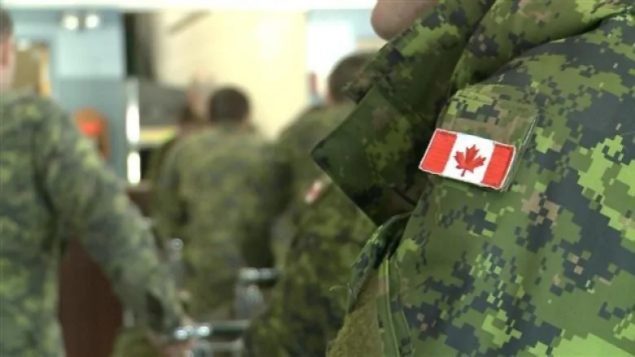Certain court martials declared unconstitutional.
A military appeals court has made a ruling with major implications for Canada’s military justice system. Last week the tribunal ruled that certain types of criminal cases are beyond the purview of the court martial system which it said should be limited to cases “which are essentially military in nature”. Thus major criminal cases would be unconstitutional to be heard by the military.
The case dates back to 2014 when a soldier, a Master Corporal, was charged and found guilty by a court martial of sexual assault causing bodily harm.
Under Canada’s Charter of Rights and Freedoms, anyone charged with an offence carrying a prison penalty of five years or greater,can request trial by jury.
However, the National Defence Act (s 130-1-a) says major civil cases can be tried under military justice even if unrelated to military service.
The soldier had requested trial by jury, but was denied by the military court.
This was appealed, and the case had been joined to others involving military members which been agreed to be heard by Canada’s Supreme Court (SCC) as to whether military members have a right to trial by jury and whether the section 130 (1)(a) of the National Defence Act is an unjustified violation of the Charter of Rights and Freedoms. That case (R v Stillman et al) is currently scheduled to be heard sometime this spring.
Last week, the military appeals tribunal ruled 2-1 that serious civil crimes are not offences which fall under military law.
This major change in military justice does not however affect crimes specific to military service, nor crimes committed by service members on duty abroad.
The decision affects about 40 other similar cases which are now in limbo.
The military’s top prosecutor has asked the SCC to hold off on it’s decision and instead allow the original military process to continue in those cases.
Col. Bruce McGregor, Director of Military Prosecutions quoted in The Lawyers Daily said. “the parties, including parties to cases currently within the military justice system, would suffer greater harm if the suspension is refused”. This is due to to another Supreme Court ruling (Jordan Decision) of 2016 saying cases must be tried within a reasonable delay, and set time limits. Several civil cases in Canada were dismissed because of excess time delays.
Col McGregor noted that without a Supreme Court delay those 40 serious cases currently in the military system would have them redirected into an overburdened civil system further resulting in an “:undesirable delays and jeopardising the ability to try these cases on their merits and not meeting the speedy requirements of the R v Jordan”.
The ruling of unconstitutionality in the case of the Master Corporal had already interrupted three other serious military cases
The dissenting voice on the military appeals tribunal Chief Justice Richard Bell said that there is not contradiction in the military system and the Charter because Parliament knew what is was doing when in made the military exemption. “In this case, Parliament established a military justice system that includes independent bureaus of prosecution and defence, independent military judges … independent Court Martial Administrator, and appeals to this court and then to the Supreme Court of Canada. One would wonder why Parliament would establish such a complex system if the goal of the Charter was to exclude the vast majority of offences in the Code of Service Discipline from the jurisdiction of the military justice system”.
While the military prosecutors work to save the court martial system, other military law experts say that in such serious criminal cases, the soldiers should be considered citizens first and be allowed access to the civil justice system.







For reasons beyond our control, and for an undetermined period of time, our comment section is now closed. However, our social networks remain open to your contributions.